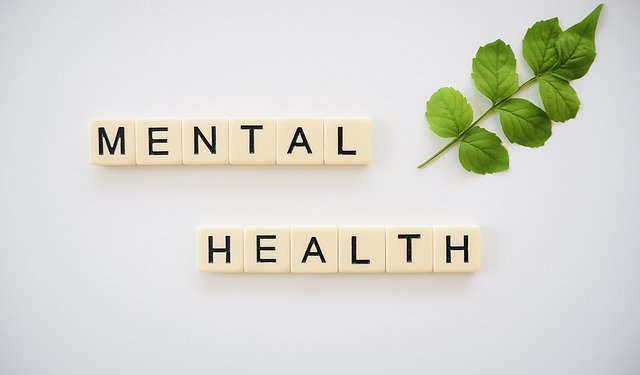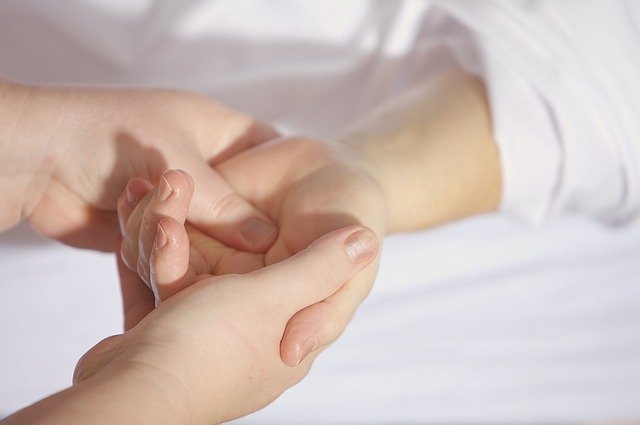No matter what stage of your life you are in, you should be proactive towards your mental health. Mental health shouldn’t be a taboo subject and while we have made great gains on the subject, there is still work to be done.
It’s vital that you work to maintain and protect your mental health. To do that, you will need the right tools to do this. It is much easier to be proactive towards your mental health when you have techniques to turn to in order to achieve this.
According to the Anxiety and Depression Association of America, just over 18% of Americans are dealing with anxiety, while almost 7% are suffering from depression
https://adaa.org/about-adaa/press-room/facts-statistics
It’s clear from these statistics that a proactive approach to mental health is crucial to healthy living.
Think about how you approach your physical health. At the very least, you likely make an attempt to exercise semi-regularly, and when you are under the weather you take steps to rally back, whether that means visiting the doctor or not. We are active participants in protecting our physical health, yet we don’t extend the same courtesy to our mental health. Luckily, we have five easy actions here that will allow you to take a more proactive approach to your mental health.
1. Connect with Others
When you are trying to build a strong mental health foundation, you will find that strong relationships are key. There is a lot to be said for socializing with colleagues, friends, and family. Humans are incredibly social creatures, and while you may need time to yourself to recharge, it’s still important that you spend quality time with others.
So, walk the extra 100 steps to check in with a colleague you don’t see often. Send that text to your friend suggesting you meet for brunch. Go to your little cousin’s ballet recital. We often make plans and bail on them, but sometimes it’s important to force yourself into social situations.
2. Be Active
Exercise isn’t something that just benefits your physical health, it also has a positive impact on your mental health. Experts suggestion around 150 minutes of exercise each week
https://www.mayoclinic.org/healthy-lifestyle/fitness/expert-answers/exercise/faq-20057916
but you can do that as easily as playing tennis with a friend, or by taking a brisk walk in the park. That exercise doesn’t have to come with a gym membership attached, it’s as free or cheap as you want it to be.
3. Acquire Knowledge
Try your hand at a new hobby or skill or pick up an old one you sat down long ago. Learning is an excellent way to protect your mental health, whether it’s reading new books on a specialist subject, learning a new language or taking a development course.

4. Caffeine & Alcohol
You rely on caffeine to kick-start your day. You turn to it first thing, again mid-morning, at lunch, and even in the mid-afternoon for another boost. Then, you enjoy a drink or two in the evening to help you ease off to sleep.
You’re creating a vicious cycle that is killing your sleeping pattern, which is another core aspect of protecting your mental health. The reason you need caffeine is that you’re not sleeping, and your alcohol intake might have something to do with that problem.
It might help you nod off initially, but it interrupts your REM sleep. Limit your intake of these beverages.
5. Practice Forgiveness
You’re going to make mistakes, it’s just a normal part of life. No one is perfect and you shouldn’t hold yourself to that type of standard. It doesn’t matter whether you make a major mistake or a silly one, you have to forgive yourself.
When you hold onto the anger, frustration, and negative self-talk that comes with making mistakes, you’re directly impacting your mental health. It will fuel your inner critic and take you down a path you don’t want to walk.


